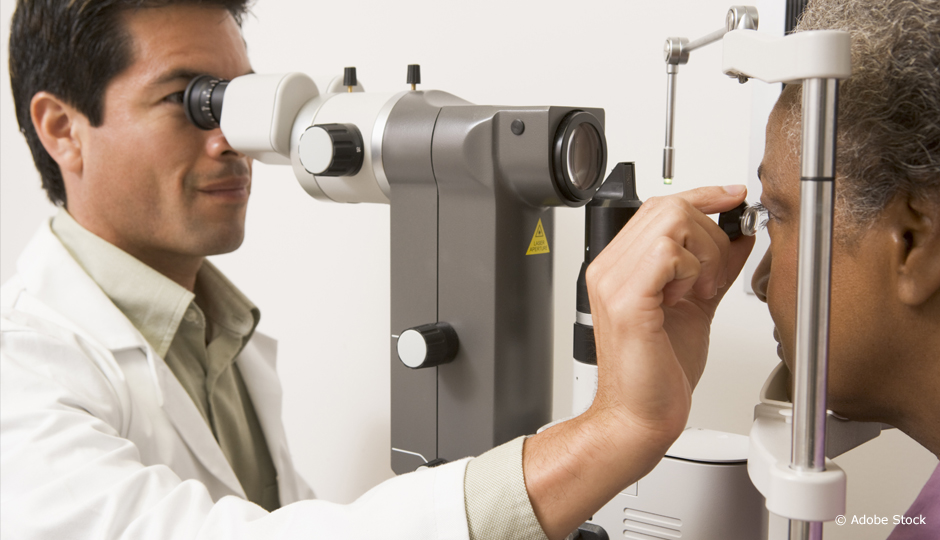Some 60 million people worldwide have glaucoma, an eye disease that attacks sufferers’ retina and optic nerve and eventually impacts their vision. Because there is no cure, glaucoma is the leading cause of irreversible blindness. But what if there were a way to slow, prevent and perhaps even reverse the degenerative process? This tremendous gamble is exactly what has motivated Adriana Di Polo, neuroscience researcher at the Centre hospitalier de l’Université de Montréal, for several years. And it is a gamble she may be well on her way to winning, since she has been able to regenerate the optic nerves of mice with glaucoma using insulin drops.
Further studies to understand how insulin restores the dendrites and test the safety and effectiveness of insulin in humans will be conducted.
First, the biologist and her team worked to better understand the cause of the disease. Research has shown that loss of vision occurs when retinal cells die. But what happens in the earlier stages? By analyzing mice models, the experts observed that the dendrites narrow when there is damage to the optic nerve or an increase in pressure in the eye—a major risk factor for glaucoma. Dendrites are like antennae that connect the neurons and help them communicate. When they’re retracted, the information from the eye is not relayed to the gray matter.
Based on her earlier work, Adriana Di Polo immediately thought that insulin could repair the antenna. She conducted tests on mice and soon realized that it does indeed help dendrites to regenerate and re-establishes communication between the neurons.
Her findings provide a glimmer of hope for glaucoma patients, and further studies to understand how insulin restores the dendrites and test the safety and effectiveness of insulin in humans will be conducted.
Because dendrite narrowing also plays a role in Alzheimer’s and Parkinson’s diseases, insulin therapy could potentially be effective in those disorders as well.




